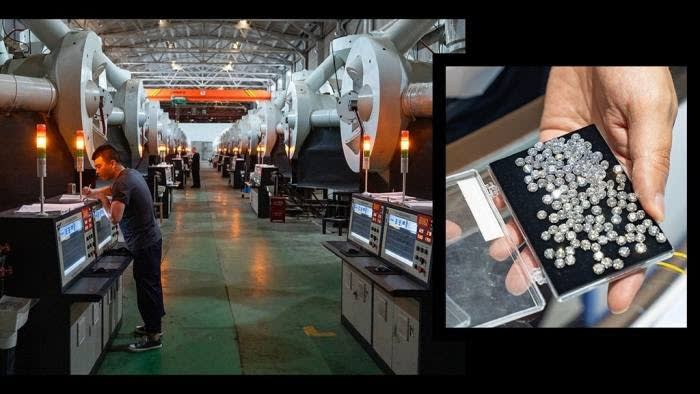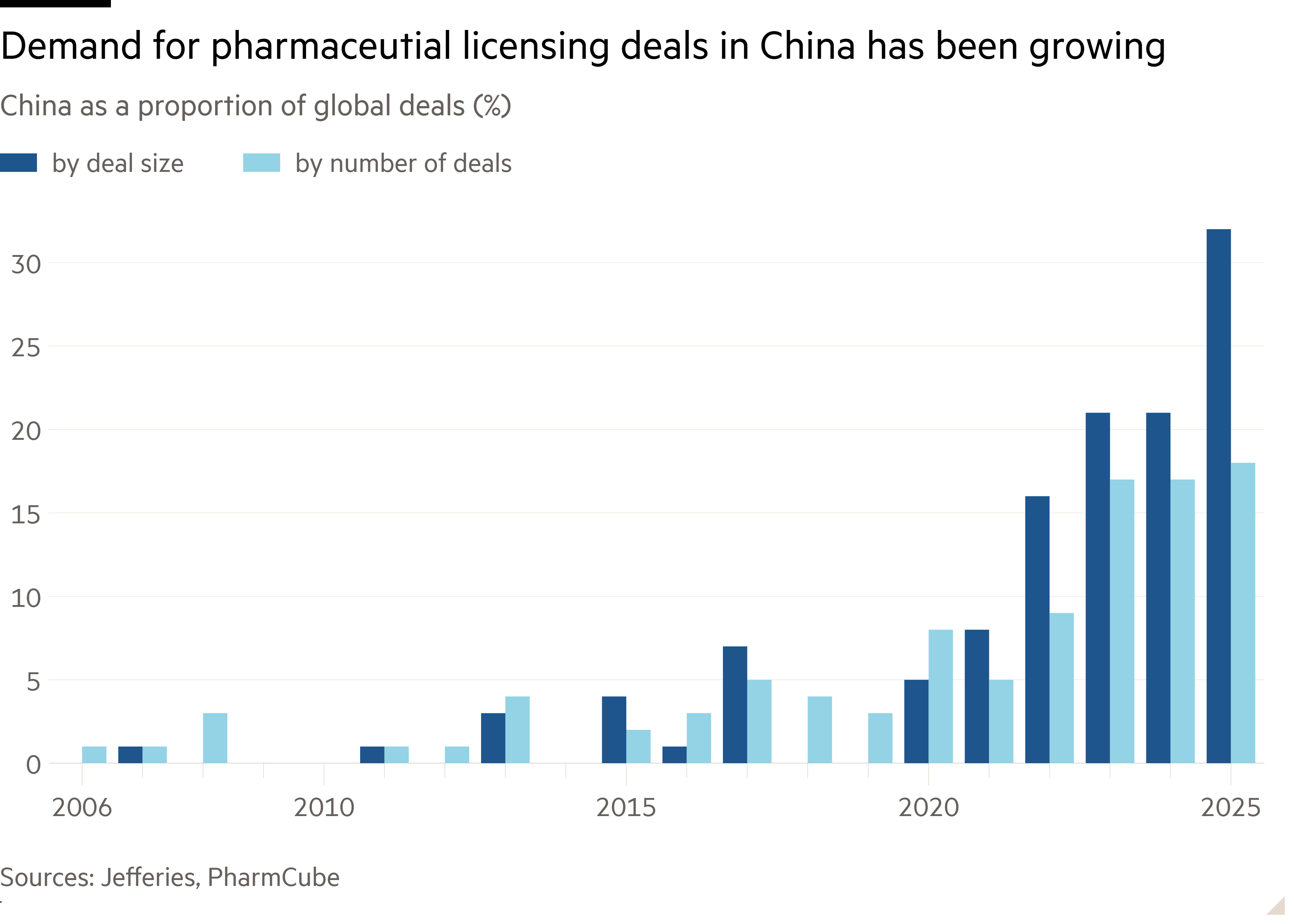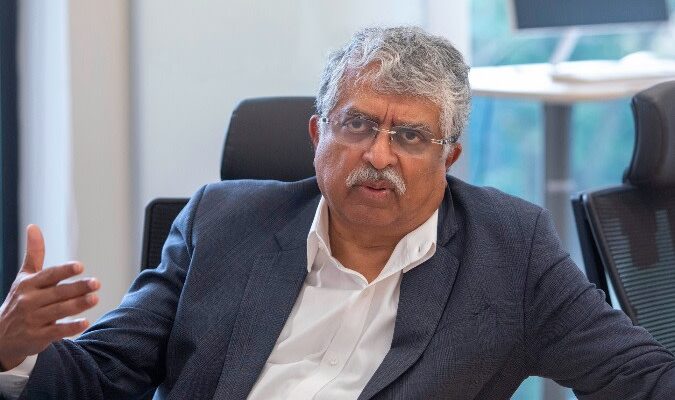This article is an on-site version of our FirstFT newsletter. Subscribers can sign up to our Asia, Europe/Africa or Americas edition to get the newsletter delivered every weekday morning. Explore all of our newsletters here
Good morning and welcome to FirstFT Asia. In today’s newsletter:
We begin with a story about China’s effort to fill a power vacuum at the UN, as Donald Trump’s US pulls back from multilateralism.
What to know: After cuts to US foreign aid prompted what could be the UN’s most radical restructuring in decades, China has stepped up attempts to expand its influence, particularly in the Swiss diplomatic hub of Geneva, multiple officials and diplomats told the FT. This has included increasing its personnel footprint, building voting coalitions, and in some cases, financial contributions.
China has been particularly proactive around the overhaul, known as the UN80 Initiative, which could include department mergers and significant streamlining of operations. One senior western official briefed on internal UN discussions said China was expanding its presence in “the institutions of the multilateral world order . . . and then using that influence to slowly turn them to their own world view”.
View from Beijing: Lu Xiaoyu, a professor at Peking University and former UN consultant, said China supported “necessary and equitable” UN reforms under the UN80 Initiative. He said Beijing advocated for “stronger representation for the global south, respect for national sovereignty, and a multilateral order”.
Read more about China’s push for greater influence at the UN.
Here’s what else we’re keeping tabs on today:
Economic data: Singapore releases June inflation figures.
EU-Japan summit: Japanese Prime Minister Shigeru Ishiba will meet EU leaders in Tokyo, where they plan to sign agreements on defence industry co-operation and economic security. (Bloomberg)
Results: Tesla, Alphabet and Infosys report earnings.
Five more top stories
1. Microsoft has accused Chinese state-sponsored hackers of exploiting its SharePoint document management software to target users including large corporations, government agencies and universities. Here are more details.
2. BYD has criticised the UK’s new electric car subsidy scheme designed to keep out Chinese brands as “stupid”, warning that the discounts would work like a “drug” that will hurt the country’s EV market over the longer term. Read the full interview with the carmaker’s executive vice-president Stella Li.
3. US House Speaker Mike Johnson will send members of Congress home early to avoid a vote on releasing files relating to Jeffrey Epstein, as Trump’s allies seek to contain a spiralling crisis. Johnson said Democrats were using the Epstein case as a “political battering ram” — but several Republican House members have also called for the release of the files relating to the late paedophile financier.
4. A Japanese court has handed down guilty sentences to five former executives at brokerage SMBC Nikko Securities for their role in market manipulation, capping a scandal that rocked the nation’s financial sector. The indictment had alleged that the SMBC Nikko executives supported the closing prices of 10 Tokyo-listed stocks between 2019 and 2021.
5. Multinational companies struggling at home to fill places for artificial intelligence engineers are turning to back offices in India to meet their core AI needs. Groups including McDonald’s and Bupa have unveiled plans in recent months to establish so-called global capability centres, which can perform a wide range of big-data tasks.
The Big Read

The boom in lab-grown diamonds from China has shaken up the sector, with more than 70 per cent of the world’s synthetic stones for jewellery now originating from the country. The mass production of the lab-grown gems has pushed down retail prices and cut the market share of natural diamonds, leaving established players struggling for relevance.
We’re also reading . . .
Taiwan’s KMT: The once-dominant opposition party faces a reckoning over its ties to China in a looming recall vote.
‘Make Ishiba go away’: Japan’s ruling Liberal Democratic party faces a crisis with populist parties capturing the working people’s vote in Sunday’s election.
Alchemy: A fusion energy start-up claims to have solved the millennia-old challenge of how to turn other metals into gold.
Chart of the day
AstraZeneca, Pfizer and other multinational drug companies have spent a record amount on medicines developed by Chinese biotechs this year, underscoring how Big Pharma is increasingly reliant on China even as the country faces US tariffs.

Take a break from the news
Sarah O’Connor found out she is not machine readable — “welcome to life online if you have a ‘special character’ in your name.” But that might be an advantage in the future, she writes.



